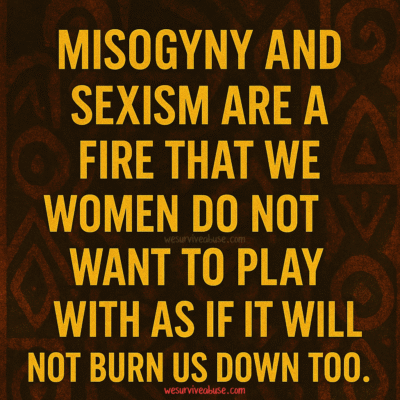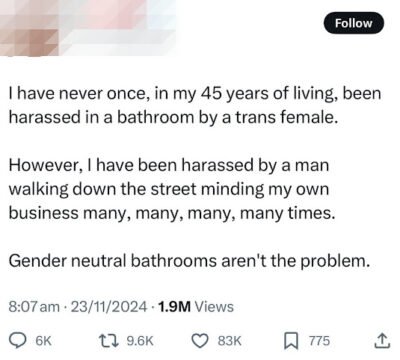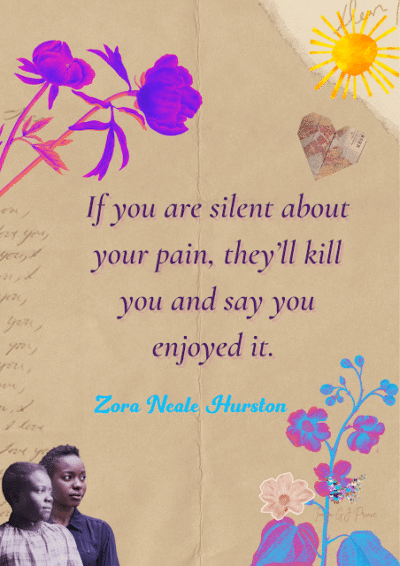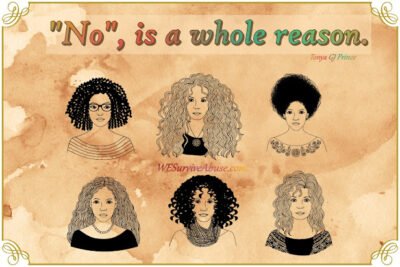We women do it on the back end — when a woman or girl comes forward after being harmed, we join the chorus of blame. We call her reck


*You can be 45 years old and not know what every woman has had to suffer (and may be still suffering) at the hands of patriarchy and male violence. Every woman has an independent right to say, no- or none of us do.
The Silencing is the Misogyny at Work
Part of living in a sexist and misogynist society is having threats, assaults, abuse, and violence minimized. If it doesn’t exist you can remain complacent and ignore it.
Thus silencing becomes a necessity.
Women are socially forbidden to speak of their concerns, experiences, issues, and problems.
Then it becomes legally forbidden.
Then we all become as deeply oppressed as the women in Afghanistan who are forbidden from being heard in any capacity. Forbidden from being heard or from speaking even to one another.
And no alleged “good men” will save us.
Misogyny and sexism are a fire that we women do not want to play with as if it will not burn us down too.
Let women speak because some of the women we share a planet with cannot now. If we keep this up, doing the work for misogynistic men and silencing one another, that could be us.
In the 1960s, Afghan women studied alongside men at Kabul University. In Afghanistan today, girls’ education is illegal.
The Tactic of Feigning Ignorance to Delay Justice and Accountability (Infographic)
24 More Phrases People Use to Try to Silence Survivors of Sexual Violence
How Male Violence Taught Women & Girls to Attack One Another (audio)
6 types of people you should stop wasting energy on as you get older





